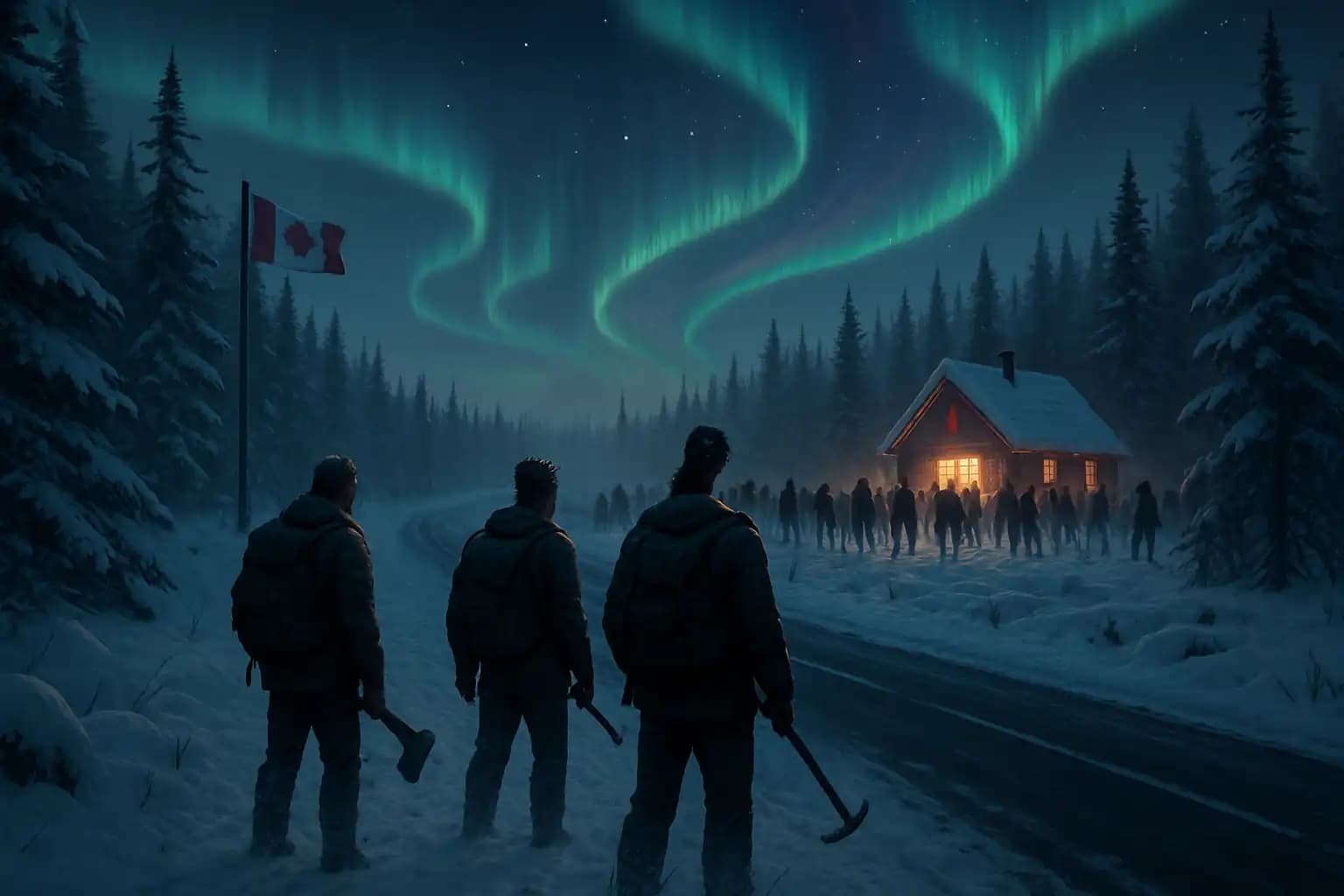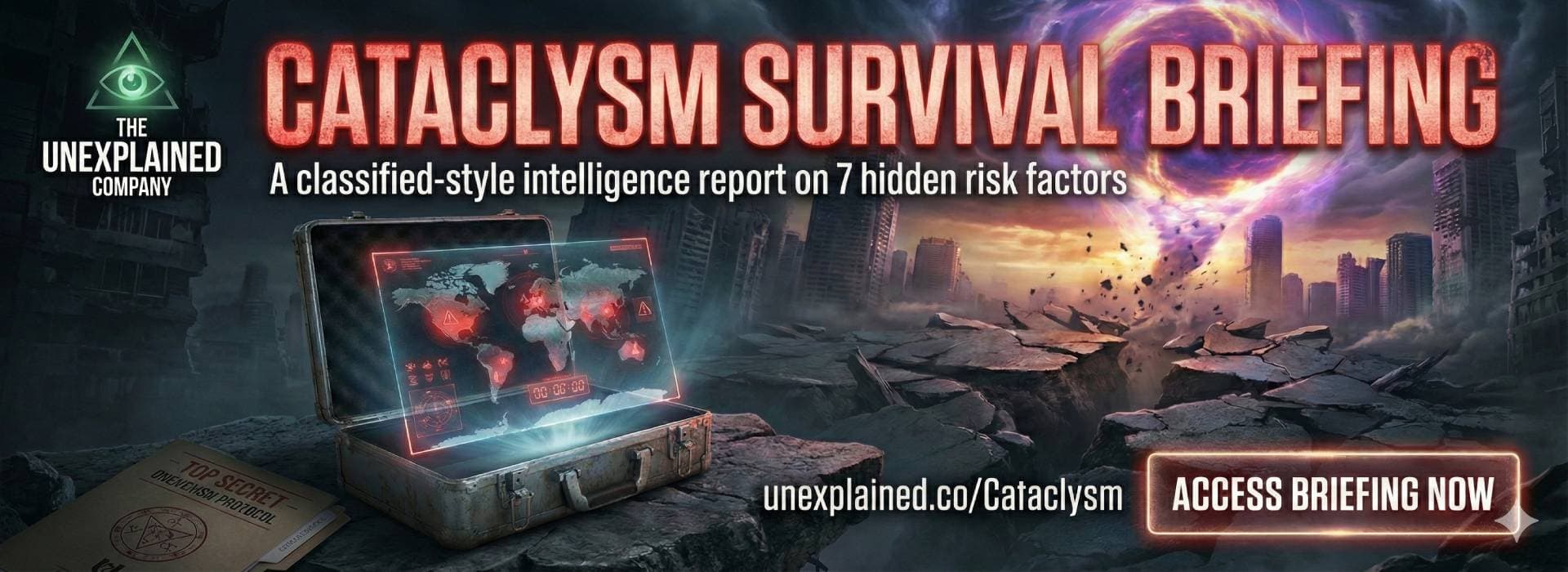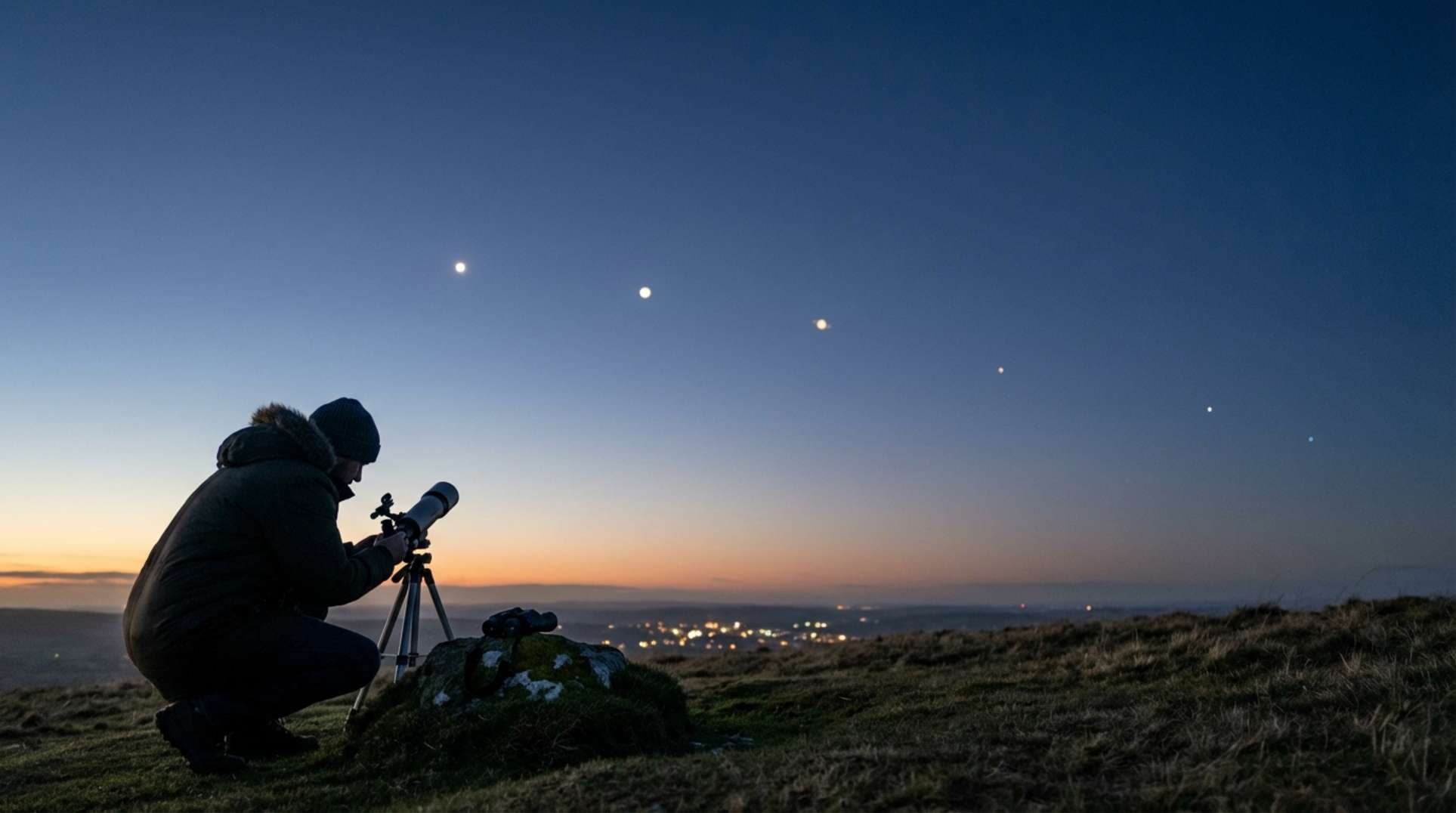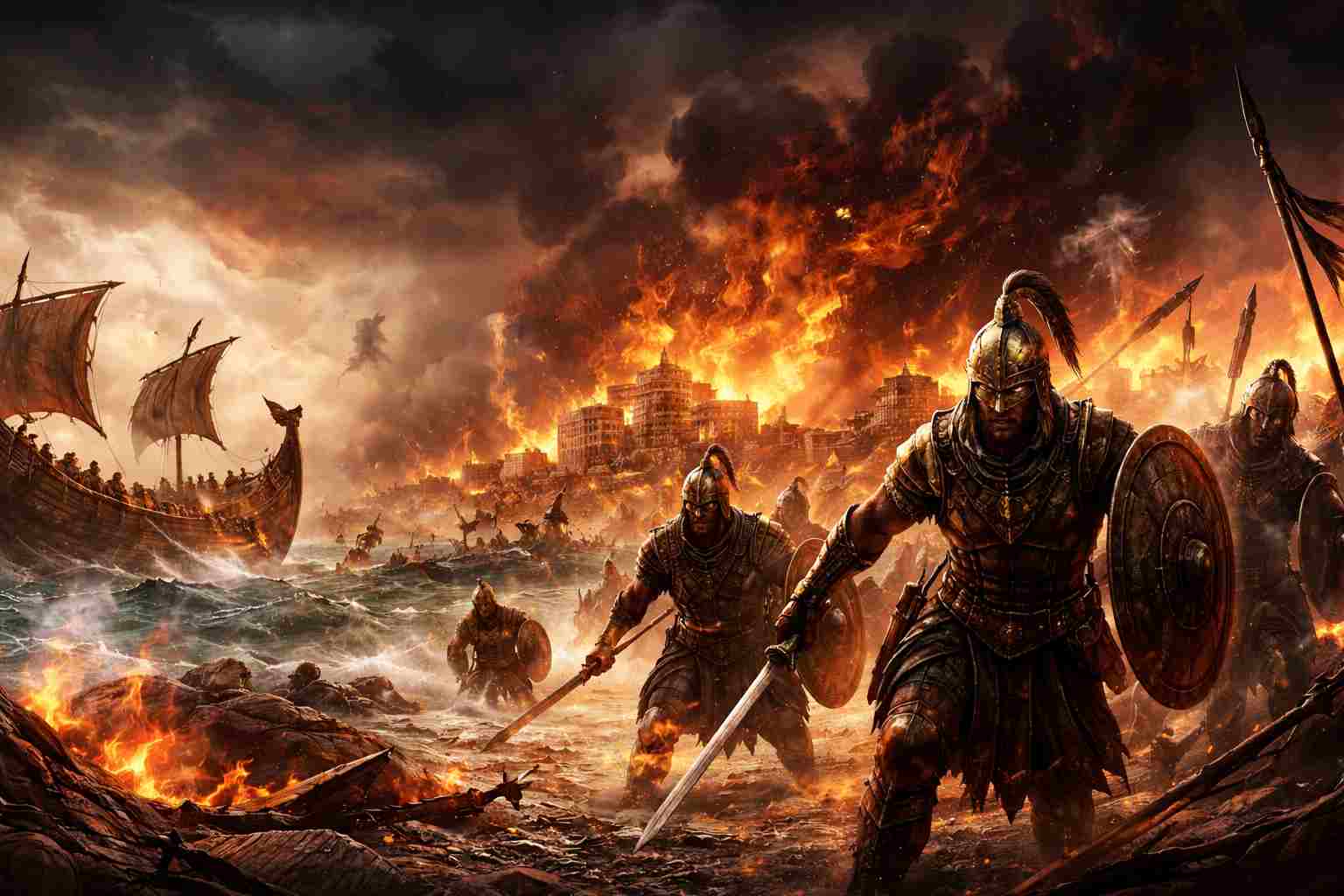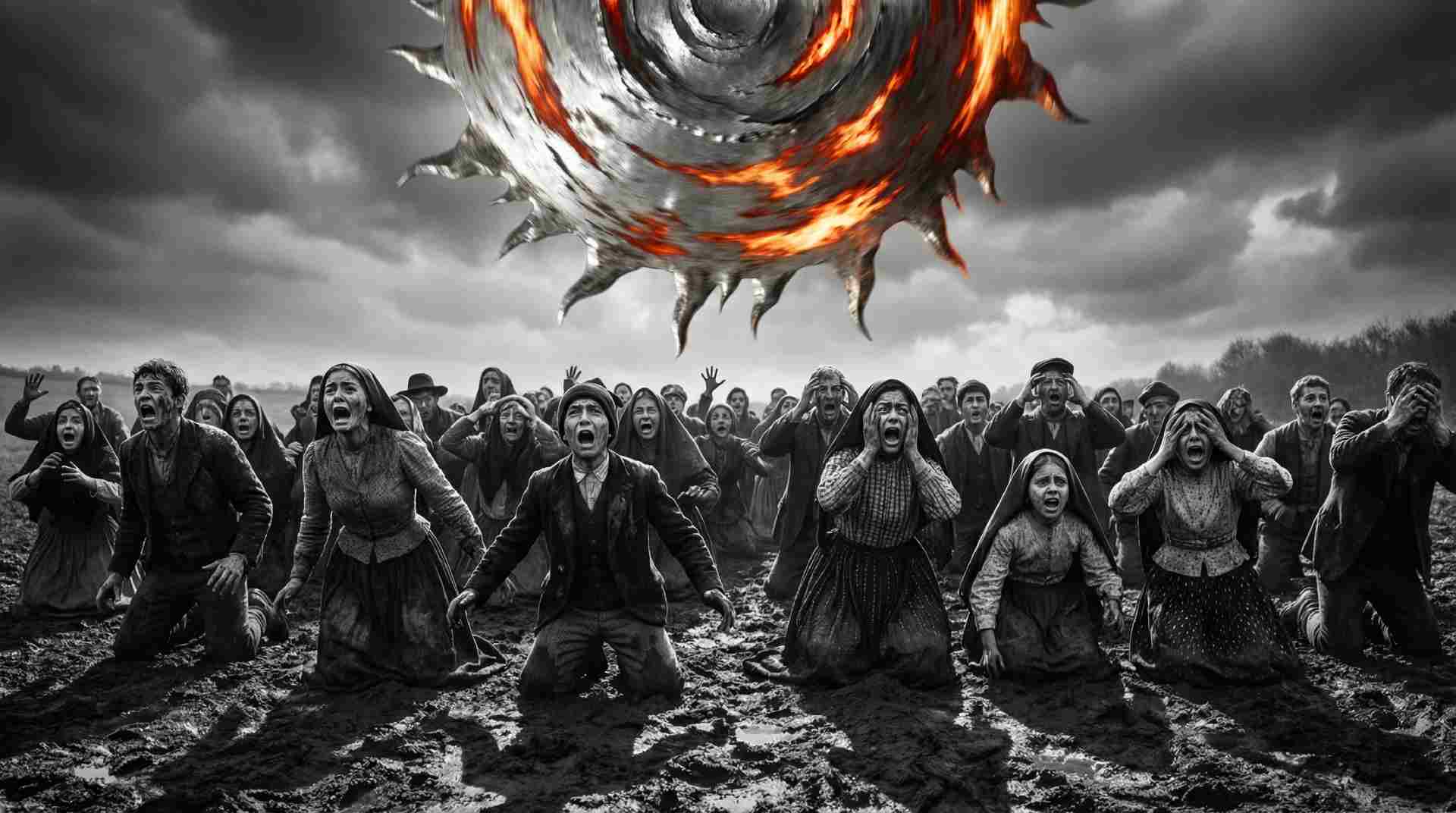Picture this: You’re braving another Monday in Toronto’s gridlock, Tim Hortons cup in hand when a newsflash interrupts your podcast—Canada’s cities and wilds are ground zero for a full-blown zombie apocalypse. This isn’t another “Walking Dead” spinoff; it’s a uniquely Canadian disaster, where icy landscapes can serve as both curse and salvation.
This idea may sound like Internet fantasy or Pentagon table-talk—yes, the U.S. military really entertained a zombie apocalypse contingency plan—but it has seeped into the cultural psyche. Northern resilience is legendary. However, can it withstand waves of flesh-eating ghouls depicted in decades of fiction? Let’s break down what it actually takes to survive, province by province, in the world’s second-largest country—especially when it’s crawling with biters, not just beavers.
Canada’s Geography: Friend and Foe in the Zombie Outbreak
Canada’s intimidating geography can be your best shield or worst trap. As zombie survivalists discuss, harsh winters can neutralize the undead. Zombies freeze solid north of 60 in January. However, survival in the wilderness isn’t for the faint of heart. In urban corridors, like southern Ontario or Vancouver, population density increases the risk. If you’re ready to bug out with tactical efficiency—maybe borrowing lessons from those tracking AI-powered defenses or the improvisational tactics seen in this exposé on battlefield innovation—being stuck on an ice-bound highway could be more lethal than any zombie bite.
Those imagining “heading north” might reconsider after reading firsthand accounts and recent studies weighing in on your actual odds. Northwest Territories and Nunavut, with their low populations and daunting climate, are favorites for survival—if you know how to live off the land. But as veteran preppers know, extreme cold isn’t always a friend. Starvation and exposure pick off amateurs faster than the zombies themselves.
Urban Survival vs. Wilderness Prep: The Realities Province by Province
If you’re in Toronto, survival hinges on urban skills—resourceful scavenging, water filtration, and finding defensible shelter. Opinions differ (here’s a tactical breakdown) on whether fleeing the city or hunkering down is safest. Most experts agree: movement means risk, but waiting too long is its own gamble. Montréal’s winding underground networks provide ambush points and storage. Vancouver’s proximity to rugged terrain can let seasoned hikers vanish into the wild.
The vast stretches of prairie and boreal shield offer natural chokepoints against zombie swarms, similar to military lessons from stealth technology studies. Urban survivors may even turn to tech—ranging from solar panels to makeshift drone surveillance, paralleling developments in real-world counter-drone scenarios—to build and defend outposts.
Readiness, Gear, and the Canadian Twist on Zombie Survival
Canadians pride themselves on readiness—just ask anyone who’s braved a blackout or nor’easter. Surviving a full-scale zombie event isn’t about polite queues and maple syrup. It starts with gear: food, weapons (remember, Canada has strict gun laws), and a cold-weather kit only a seasoned outdoorsman hauls. Guides from local specialists—yes, there’s a serious prepping industry—stress the importance of adaptable, layered planning, with urban “exit strategies” rivaling AI-designed disaster scenarios.
Beyond the physical, Canadians might rely on neighborly collaboration and radio communication, paired with a surprisingly hearty sense of humor (or gallows sarcasm). But let’s face it: when the undead meet the living, only real preppers and fast learners stand a chance.
Lessons from Fiction and Reality: Why Canada May Be the Last Stand
Zombie apocalypse fiction—from “Night of the Living Dead” to “World War Z”—tests civilization. It questions what values, skills, and social bonds endure when order collapses (the hidden wars on civil society offer a chilling comparison). Canada’s strengths—wide-open spaces, resourcefulness, and adaptable populations—could make it a global redoubt. Or not.
As Unexplained.co continues to document, modern threats come in weirder flavors than just zombies: from alien biothreats to geomagnetic storms and AI uprisings. Ultimately, surviving any apocalypse—zombie, cosmic, or otherwise—means preparing today for a world that could get a lot stranger tomorrow.

